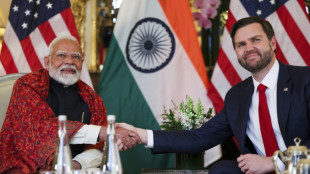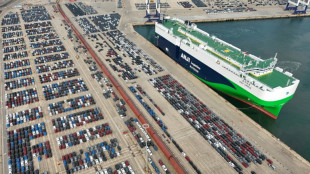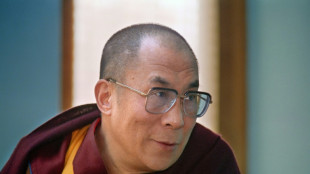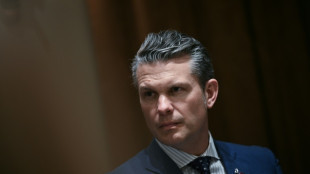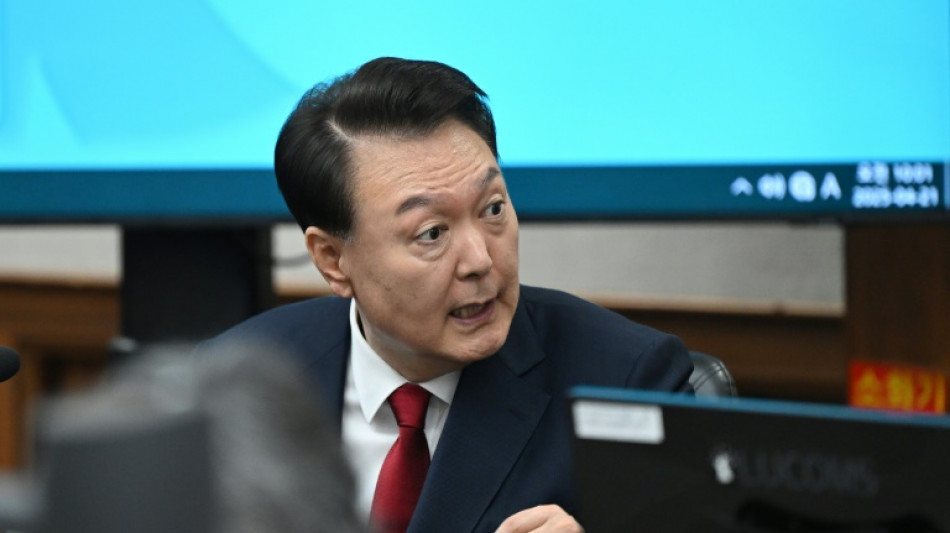
South Korea ex-president back in court for criminal trial

South Korea's former president Yoon Suk Yeol appeared in court Monday for the second hearing of his criminal trial to defend himself against insurrection charges over his short-lived declaration of martial law.
Yoon was formally stripped of office earlier this month, after being impeached and suspended by lawmakers over his December 3 attempt to subvert civilian rule, which saw armed soldiers deployed to parliament.
He became South Korea's first sitting head of state to be arrested in January in connection with the criminal case against him, although he was later released on procedural grounds.
Yoon's court appearance on Monday is the first time media were allowed to film the former president's criminal trial, where he was seated in the defendant's chair before proceedings began.
Dressed in a suit and red tie, Yoon appeared indifferent as photographers captured him seated in the courtroom.
During the first day of his criminal trial last week, the ex-president defended himself in court, speaking for more than 90 minutes, denying that he had committed insurrection.
If found guilty, Yoon would become the third South Korean president to be found guilty of insurrection -- after two military leaders in connection with a 1979 coup.
For charges of insurrection, Yoon could be sentenced to life in prison or the maximum penalty: the death sentence.
But it is highly unlikely that sentence would be carried out. South Korea has had an unofficial moratorium on executions since 1997.
Separately, last week police attempted to raid Yoon's former presidential office and his security detail as part of a probe into "alleged obstruction of an arrest warrant execution," but failed after presidential security denied them permission to enter the residence.
Yoon spent weeks holed up in his compound in January, protected by members of the Presidential Security Service who had remained loyal to him.
His guards had installed barbed wire and barricades at the residence, forcing hundreds of police officers and investigators to use ladders and scale perimeter walls to reach the main building.
At the time, he was booked on charges of obstruction, with police saying last week that "in principle", an in-person investigation would be necessary.
I.Jang--SG

 London
London

 Manchester
Manchester
 Glasgow
Glasgow
 Dublin
Dublin
 Belfast
Belfast
 Washington
Washington
 Denver
Denver
 Atlanta
Atlanta
 Dallas
Dallas
 Houston Texas
Houston Texas
 New Orleans
New Orleans
 El Paso
El Paso
 Phoenix
Phoenix
 Los Angeles
Los Angeles
